
Abstracts were presented in a session on metastatic lung cancer on the final day of the 2023 American Society of Clinical Oncology Annual Meeting.
Mary Caffrey is the Executive Editor for The American Journal of Managed Care® (AJMC®). She joined AJMC® in 2013 and is the primary staff editor for Evidence-Based Oncology, the multistakeholder publication that reaches 22,000+ oncology providers, policy makers and formulary decision makers. She is also part of the team that oversees speaker recruitment and panel preparations for AJMC®'s premier annual oncology meeting, Patient-Centered Oncology Care®. For more than a decade, Mary has covered ASCO, ASH, ACC and other leading scientific meetings for AJMC readers.
Mary has a BA in communications and philosophy from Loyola University New Orleans. You can connect with Mary on LinkedIn.

Abstracts were presented in a session on metastatic lung cancer on the final day of the 2023 American Society of Clinical Oncology Annual Meeting.
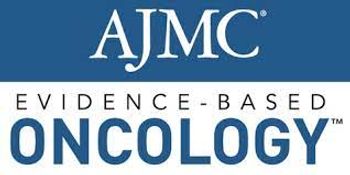

The therapy, to be marketed as Elevidys, is approved for the treatment of ambulatory pediatric patients aged 4 through 5 years with DMD who have a confirmed mutation in the DMD gene.

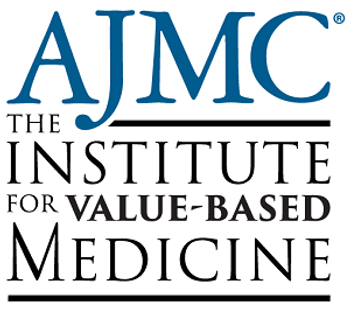

The therapy is designed to target multiple receptors and could address an unmet need in metastatic colorectal cancer.




Tycel Phillips, MD, hematologist-oncologist at City of Hope in Duarte, California, discusses the need for novel treatments for patients with diffuse large B-cell lymphoma (DLBCL).
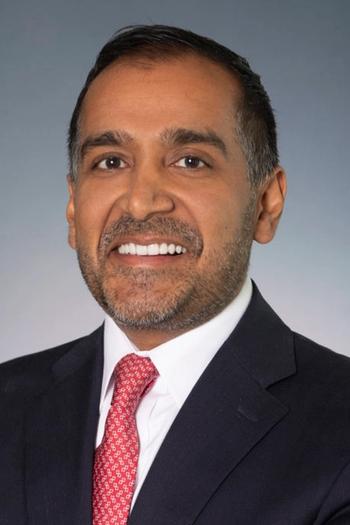
The health plans, which have announced their intent to join forces, retired $345,000 in debt in the areas they serve.

Tycel Phillips, MD, hematologist-oncologist at City of Hope in Duarte, CA, discussed the utility of epcoritamab in diffuse large B-cell lymphoma (DLBCL) and the potential impacts the bispecific antibody's recent approval will have in the community oncology setting.

The session, “Payment Reform: Lessons Learned from the Oncology Care Model (OCM) and Implications for the Enhancing Oncology Model (EOM)," comes less than a month before the EOM is set to begin.
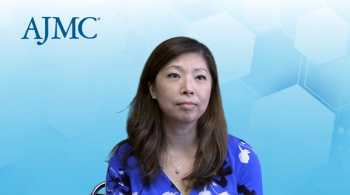
Judy Wang, MD, medical oncologist and clinical trials investigator at Sarah Cannon Research Institute at Florida Cancer Specialists & Research Institute, discussed the mechanism of action and rationale for studying CLN-619, an anti-MICA/B antibody, with and without pembrolizumab in patients with solid tumors.
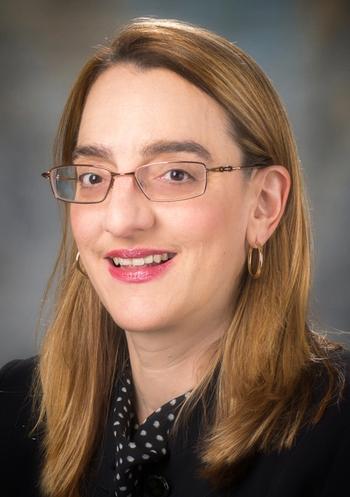
In early findings, the antibody drug conjugate created strong responses in multiple tumor types where patients have unmet need.
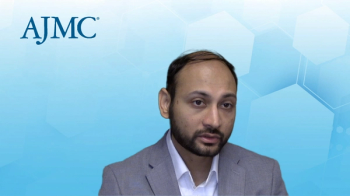
Bhagirathbhai R. Dholaria, MD, assistant professor of medicine in the Department of Hematology-Oncology at Vanderbilt University Medical Center, discussed findings from the phase 2 TRiMM-2 trial of talquetamab plus daratumumab in multiple myeloma.

The confirmatory trial showed limited side effects relative to physician's choice of chemotherapy.
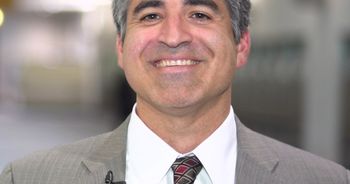
The landmark trial harmonized treatment between adult and pediatric patients with classic Hodgkin lymphoma, who historically have received different chemotherapy regimens; young patients have received more treatment with radiation.
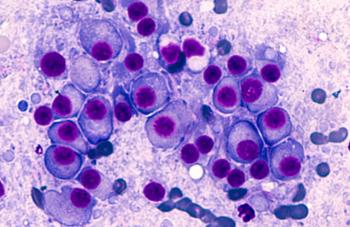
Combining talquetamab and daratumumab could create a synergy to get more from talquetamab to attack multiple myeloma.

Interim findings from the DUO-O trial could signal new options for women diagnosed with ovarian cancer at later stages who do not have a BRCA mutation.
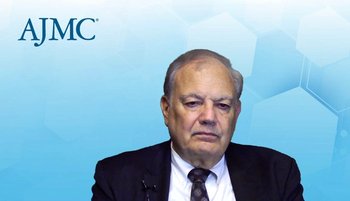
Dennis Slamon, MD, PhD, lead investigator on the NATALEE trial of ribociclib plus hormonal therapy in hormone receptor–positive, HER2-negative early-stage breast cancer, discussed the study's broad population and potential payer reactions.
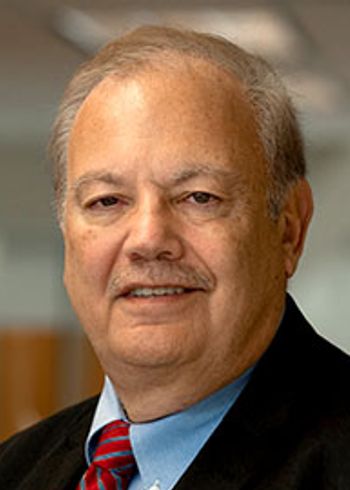
The trial included patients with earlier stage disease who are normally considered lower risk than the high-risk population.
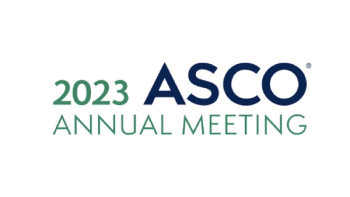
The cancer care community descends on Chicago this weekend for the 2023 Annual Meeting of the American Society of Clinical Oncology (ASCO). This year’s theme, “Partnering With Patients: The Cornerstone of Cancer Care and Research,” highlights how recent advances make interactions between clinicians and patients more important than ever, as shared decision-making must be the foundation of the care journey.

Andrew Evens, DO, MBA, MSc, associate director for clinical services at Rutgers Cancer Institute, discussed the ways in which SWOG S1826 trial results will build on current knowledge of Hodgkin lymphoma treatment.

Coverage from the Greater Philadelphia Business Coalition on Health (GPBCH) daylong Oncology Management Summit, held April 4, 2023.

Coverage from the Greater Philadelphia Business Coalition on Health (GPBCH) daylong Oncology Management Summit, held April 4, 2023.

Approval for the T-cell–engaging bispecific antibody came today from the FDA.
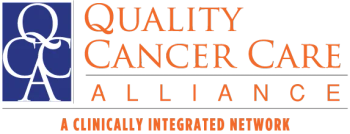
A panel of top practice administrators, moderated by Danielle Geiger, APRN-NP, of Nebraska Cancer Specialists, explored ways for practices to improve the bottom line at the Quality Cancer Care Alliance (QCCA) spring conference, held April 19-21, 2023.

The task force was motivated by a gap between in breast cancer deaths between Black and White women.

For Brain Cancer Awareness Month, AJMC shares an interview with Day One Biopharmaceuticals CEO Jeremy Bender, PhD, MBA. Bender discussed the company's lead agent, tovorafenib, which has shown promise in treatment of pediatric low-grade glioma.

259 Prospect Plains Rd, Bldg H
Cranbury, NJ 08512
© 2025 MJH Life Sciences®
All rights reserved.
